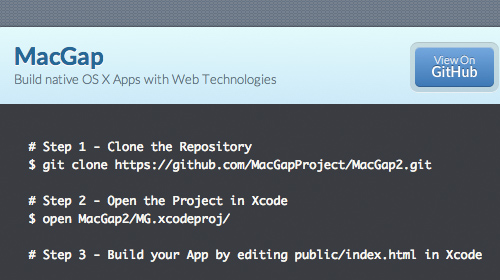

But the approach hasn’t seen wide adoption, in part due to these shortcomings: 1. On the surface this approach looks great - with the benefits of a state-of-the-art browser engine, standard APIs, no extra dependencies and tools to create platform-specific installers, many of the previous problems are solved. This made a bit of a splash, as previous attempts to embed a browser in Java apps were either using a sub-par Java-based browser, or had crazy dependencies and complex setup.Ĭreating a JavaScript application using a JavaFX WebView has been done before. Java ships with a WebKit-based WebView for JavaFX. Taking an Electron-like approach to building such applications but with an emphasis on Java for the functional portion of the application could be a good choice in these cases. Many organizations have substantial functionality available in the form of Java libraries that they would like to reuse and the corresponding skills, infrastructure and methods to build and maintain application logic in Java. But building a JavaScript-only application isn’t for everyone, especially in cases where reuse of existing functionality is important.

Macgap slack code#
With numerous great choices for frameworks, skills commonly available, and unparalleled flexibility in styling, it’s hard to imagine choosing anything else as long as you don’t mind your app looking like a web application.Ĭreating applications with the likes of Electron or MacGap is nothing new - there are several successful such applications in widespread use, such as Slack, VisualStudio Code and WordPress Desktop. Web technologies (HTML, CSS and JavaScript) are arguably the best choice for a cross-platform UI in most situations. It seems that Electron with 74.9K GitHub stars and 9.8K forks on GitHub has more adoption than MacGap with 3.59K GitHub stars and 226 GitHub forks.Building cross-platform desktop applications usually means compromising on user experience, ease of development or both.īelow I detail the reasoning and trade-offs behind an approach that involves state of the art technologies and development methodology with fewer compromises. ?" as the leading cause for choosing MacGap.Įlectron and MacGap are both open source tools.
Macgap slack mac#
"Easy to make rich cross platform desktop applications" is the top reason why over 50 developers like Electron, while over 2 developers mention "Remember that Mac app you always wanted to create. On the other hand, MacGap provides the following key features:

Initially developed for GitHub's Atom editor, Electron has since been used to create applications by companies like Microsoft, Facebook, Slack, and Docker. With Electron, creating a desktop application for your company or idea is easy. Formerly known as Atom Shell, made by GitHub". Electron vs MacGap: What are the differences?ĭevelopers describe Electron as " Build cross platform desktop apps with web technologies.


 0 kommentar(er)
0 kommentar(er)
